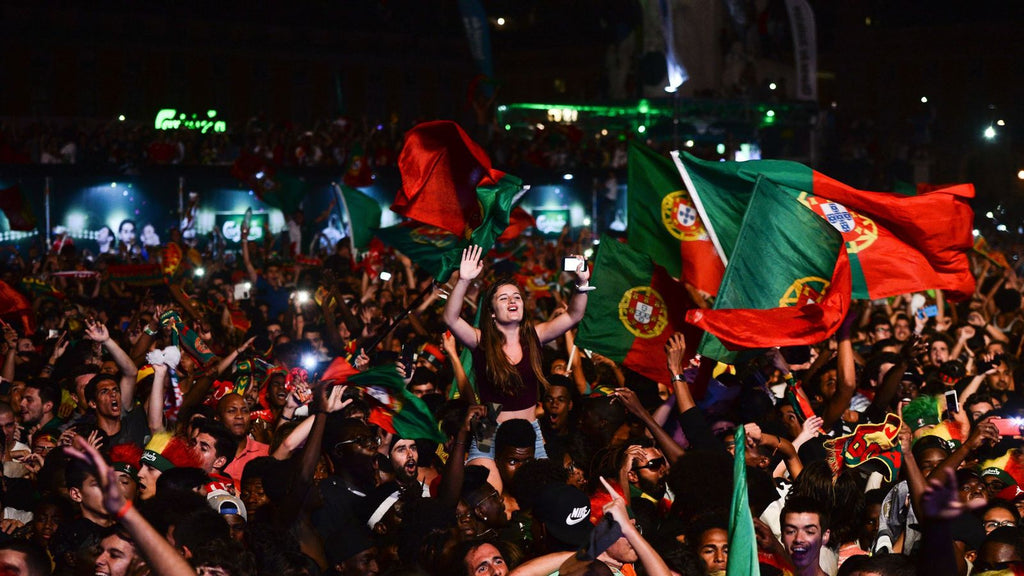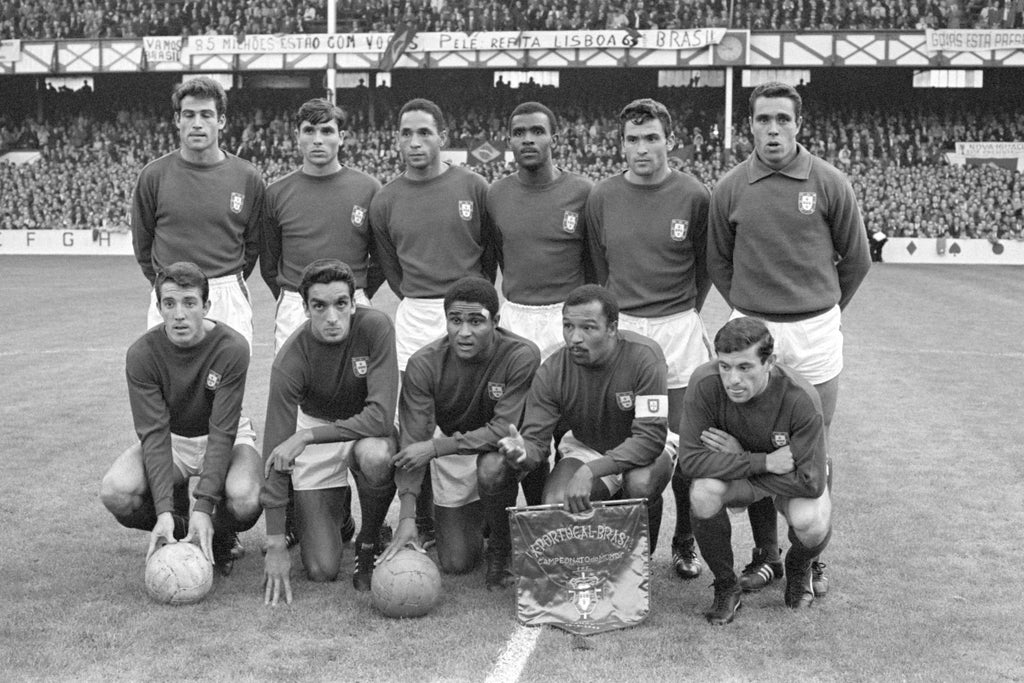The 2023–24 Scottish Cup (now known as the Scottish Gas Men's Scottish Cup for sponsorship reasons) is the 139th season of Scotland's most prestigious football knockout competition. The 2023–24 edition marks the 150th anniversary of the tournament which was established in 1873-4. The winners qualify for the 2024-5 Europa League Play Off Round.
| Club | Wins | Last final won | Runners-up | Last final lost | Total final appearances |
|---|---|---|---|---|---|
| Celtic | 41 | 2023 | 18 | 2002 | 60 |
| Rangers | 34 | 2022 | 18 | 2016 | 53 |
| Queen's Park | 10 | 1893 | 2 | 1900 | 12 |
| Heart of Midlothian | 8 | 2012 | 9 | 2022 | 17 |
| Aberdeen | 7 | 1990 | 9 | 2017 | 16 |
| Hibernian | 3 | 2016 | 12 | 2021 | 15 |
| Kilmarnock | 3 | 1997 | 5 | 1960 | 8 |
| Vale of Leven | 3 | 1879 | 4 | 1890 | 7 |
| St Mirren | 3 | 1987 | 3 | 1962 | 6 |
| Clyde | 3 | 1958 | 3 | 1949 | 6 |
| Dundee United | 2 | 2010 | 8 | 2014 | 10 |
| Motherwell | 2 | 1991 | 6 | 2018 | 8 |
| Third Lanark | 2 | 1905 | 4 | 1936 | 6 |
| Falkirk | 2 | 1957 | 3 | 2015 | 5 |
| Dunfermline Athletic | 2 | 1968 | 3 | 2007 | 5 |
| Renton | 2 | 1888 | 3 | 1895 | 5 |
| St Johnstone | 2 | 2021 | — | — | 2 |
| Dumbarton | 1 | 1883 | 5 | 1897 | 6 |
| Dundee | 1 | 1910 | 4 | 2003 | 5 |
| Airdrieonians (1878) | 1 | 1924 | 3 | 1995 | 4 |
| East Fife | 1 | 1938 | 2 | 1950 | 3 |
| Greenock Morton | 1 | 1922 | 1 | 1948 | 2 |
| Partick Thistle | 1 | 1921 | 1 | 1930 | 2 |
| Inverness Caledonian Thistle | 1 | 2015 | 1 | 2023 | 2 |
| St Bernard's | 1 | 1895 | — | — | 1 |
| Hamilton Academical | — | — | 2 | 1935 | 2 |
| Ross County | — | — | 1 | 2010 | 1 |
| Queen of the South | — | — | 1 | 2008 | 1 |
| Gretna | — | — | 1 | 2006 | 1 |
| Albion Rovers | — | — | 1 | 1920 | 1 |
| Raith Rovers | — | — | 1 | 1913 | 1 |
| Cambuslang | — | — | 1 | 1888 | 1 |
| Thornliebank | — | — | 1 | 1880 | 1 |
| Clydesdale | — | — | 1 | 1874 | 1 |
Celtic (surprisingly) are the defending champions after defeating Inverness Caledonian Thistle in the 2023 Cup Final. Although it is the second oldest competition in association football history, after the English FA Cup (1872), the Scottish Cup trophy is the oldest in association football and is also the oldest national trophy in the world. It was first presented to Queen's Park who won the final match of the inaugural tournament in March 1874. The current holders are Celtic, who won the tournament for the 41st time by defeating Inverness Caledonian Thistle 3–1 in the 2023 Final.
Following an increase in the number of entries, an additional preliminary round was added to the competition format. Replays were also removed entirely from the tournament, having been restricted to just the Preliminary Round in the previous season.
| Round | Original date | Number of fixtures | Clubs | New Entries | Leagues entering at this round |
|---|---|---|---|---|---|
| Prelim Rd 1 | 12 August 2023 | 3 | 131 → 128 | 7 | 7 qualifiers |
| Prelim Rd 2 | 2 September 2023 | 26 | 128 → 102 | 48 | 48 licensed clubs |
| First Round | 23 September 2023 | 30 | 102 → 72 | 34 | 18 Highland League teams 16 Lowland League teams |
| Seconnd Round | 28 October 2023 | 20 | 72 → 52 | 10 | 10 League Two teams |
| Third Round | 25 November 2023 | 20 | 52 → 32 | 20 | 10 Championship teams 10 League One teams |
| Fourth Round | 20 January 2024 | 16 | 32 → 16 | 12 | 12 Premiership teams |
| Fifth Round | 10 February 2024 | 8 | 16 → 8 | None | |
| Q-Finals | 9 March 2024 | 4 | 8 → 4 | None | |
| S-Final | 20 & 21 April 2024 | 2 | 4 → 2 | None | |
| FINAL | 25 May 2024 3pm | CELTIC v RANGERS at Hampden Pk |





 and on the 22nd April 1998...
and on the 22nd April 1998...









